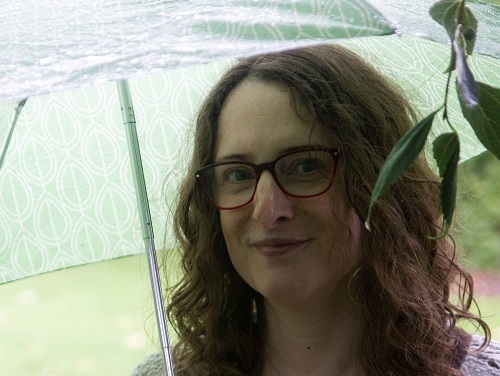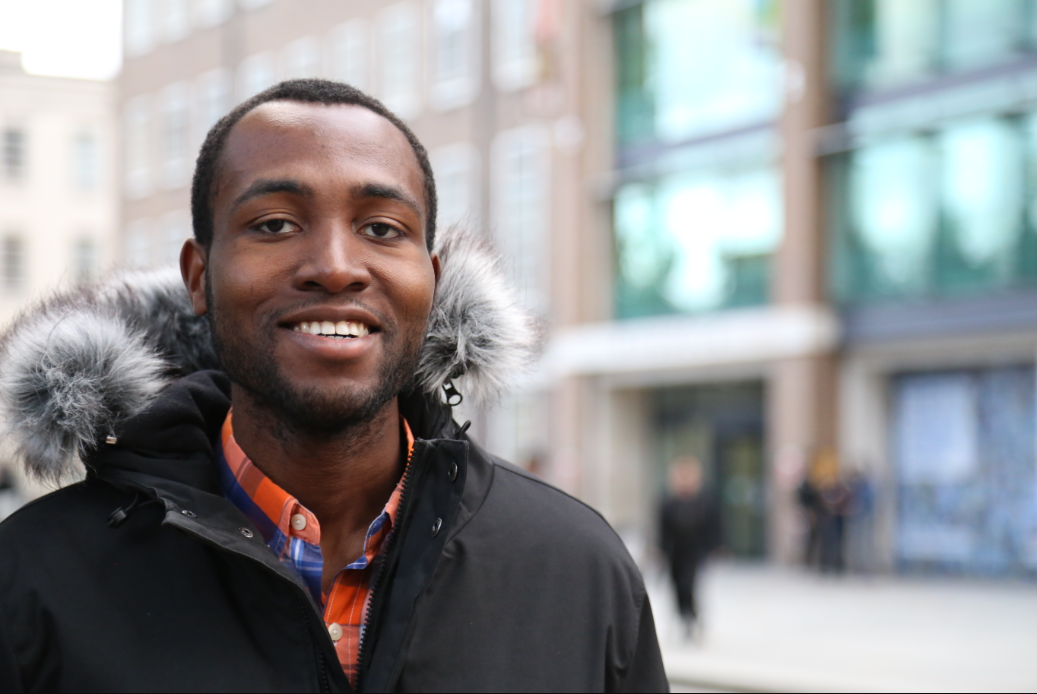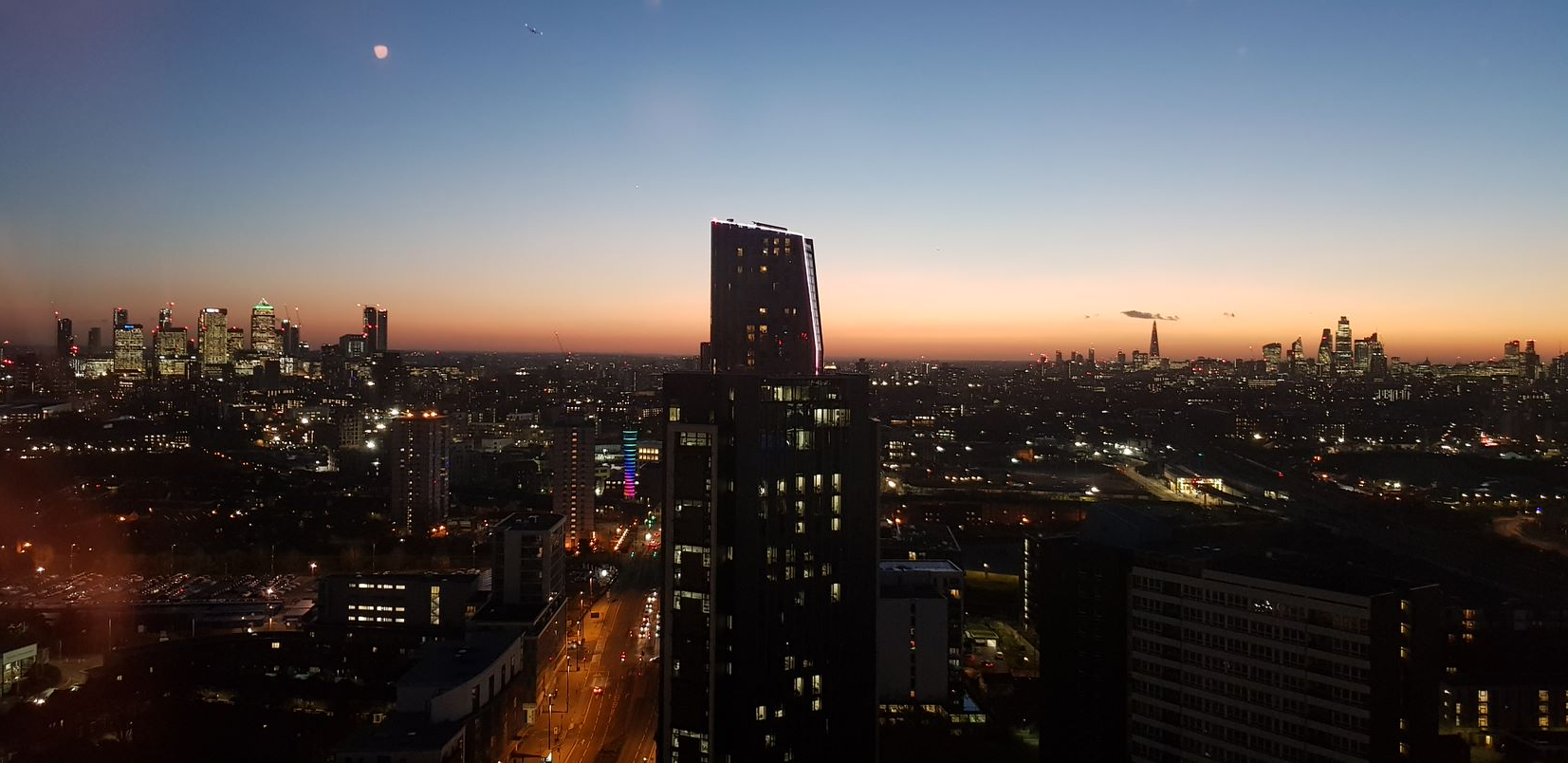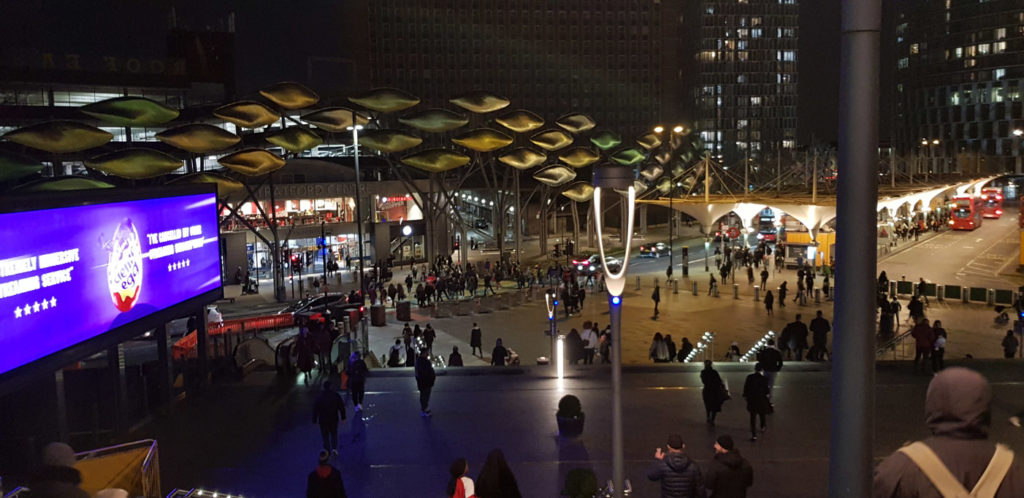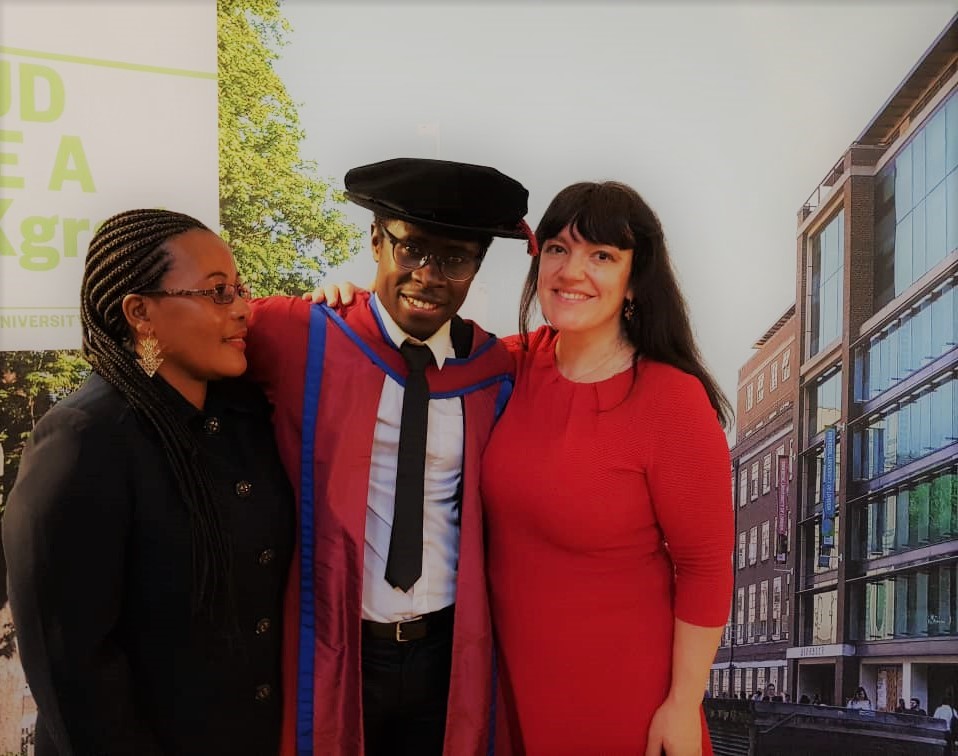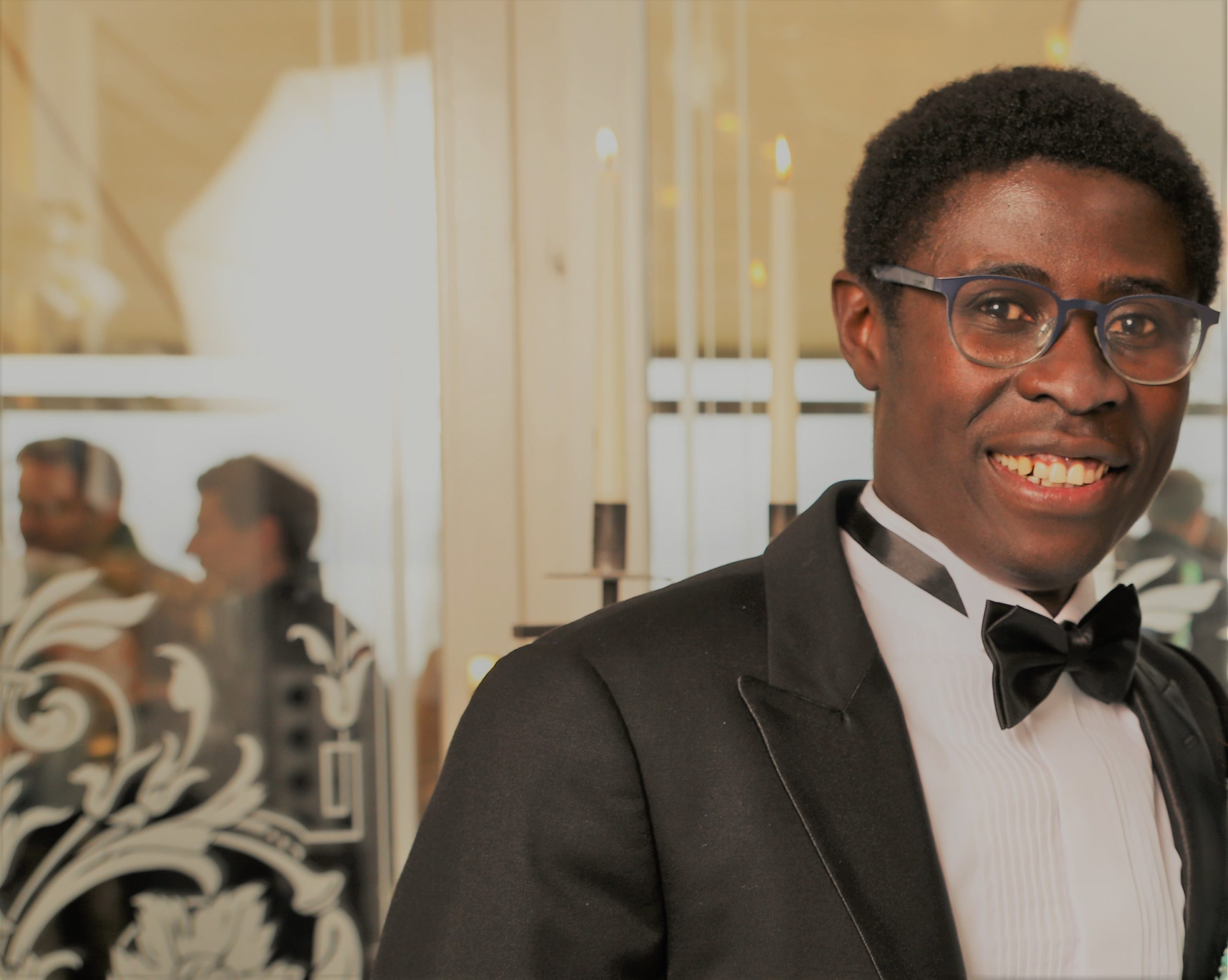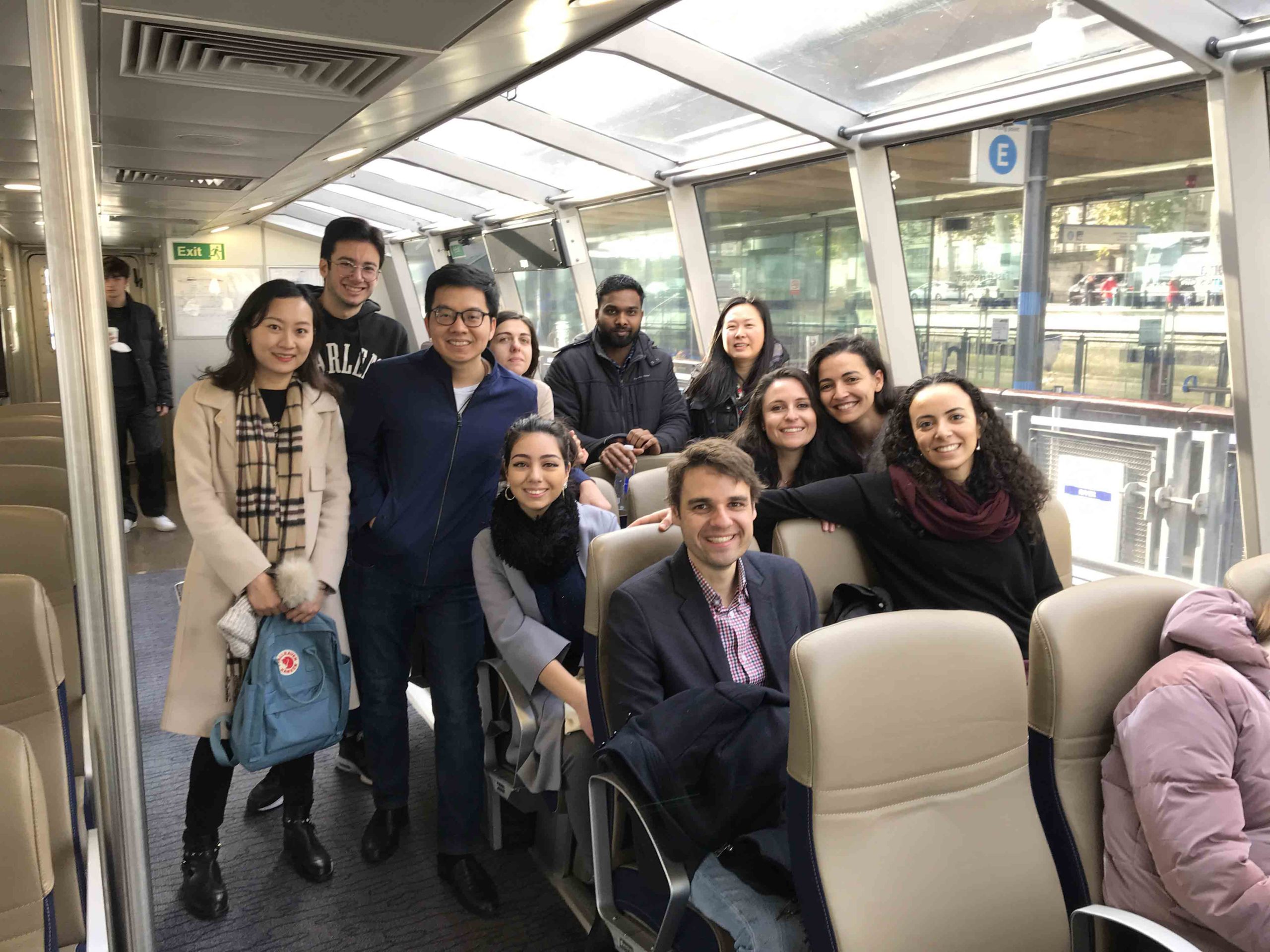Former ballet dancer Katie Willis completed an MA in Creative Writing and was due to graduate with her peers this week. In this blog, she shares her experience of studying at Birkbeck while dealing with illness and her plans for the future.
I am very excited to graduate from my MA in Creative Writing as this is my first degree.
I am a mature student and I’ve had no previous experience of university-level study as I followed a vocational path – I was a ballet dancer before my illness took hold. It is a huge achievement for me to be graduating.
If you want to write about a sick body you have to be comfortable with living inside of it. I have chronic fatigue syndrome and a rare form of cancer. I had to balance university with regular hospital appointments and the side effects of taking chemotherapy and other drugs. On occasions that felt overwhelming.
I faced quite a few physical challenges. I had to be very disciplined on a daily basis, managing the limited energy that I had. The travelling to and from university was physically demanding on a sick body. I had to rest up on the days preceding and the days following my lectures in order to be well enough to attend. I was sad that I was not always able to participate in social events with other students, but I always held on to the important part that it was such a joy and privilege to be able to attend university in the first place.
Throughout my studies I had the support of a close group of fellow students who were aware of my physical challenges. I had two friends who always offered to carry my bags and books to and from and class.
Creative Writing at Birkbeck
I began the MA writing stories which were mostly about magical realism but then in the second semester I took Julia Bell’s Creative Non-Fiction module and I realised that I was interested in writing about the self, using my experience as a dancer. I slowly learned to embrace my quirkiness which allowed me to write to my strengths.
I realised that my writing is poetic and kinetic, and I wanted to write about the body: the sick body and the dancing body, and the place where those two bodies meet. Similarly, I am interested in the place where fiction meets non-fiction meets poetry. I want to meld the genres in my own way but also reflect the shape of the body on the page.
I no longer try to write outside of myself or to become the writer that I’m not. I found my own voice on the course and also found the courage to write in it.
By the end of the course, Birkbeck felt like a second home to me, on a level with being in a hospital, which has felt like a second home for many years.
As awful as the current situation is, there is some sense of community in nationwide lockdown. If you have lived with a physical disability that has left you housebound for a huge chunk of your life that is a very personal and isolating form of lockdown.
It is quite extraordinary to look at the world now and see everyone else under a similar lockdown and huge organisations and bodies rapidly making adaptations in the way they function and impart knowledge. Such adaptations would have made a huge difference to me in the many years when I was housebound.
It is sad that our graduation ceremony is having to be postponed probably until November, but I plan to relish the anticipation of it, so it will be all the more exciting when it occurs.
Looking ahead
I was invited to continue my studies at Birkbeck and am currently doing the MFA in Creative Writing under the guidance of Toby Litt.
Ultimately, I want to publish a collection of short stories. I am currently writing a collection of short stories about bones. I’m taking specific bones from the body and using the power of incantation I’m writing the stories that these bones hold and, in the process, shaping a new body that is neither a sick body nor a dancing body, but something else. Something strong and mobile.
I’d also like to share what I have learned on the course. It would be great if I could take creative writing into hospitals and offer it to patients who have had surgery, or are undergoing chemotherapy treatments, to help them as I think it is an outlet when you are going through life changing moments.
If you are mature student, if you have a disability, if you have cancer, if you have been housebound for many years, if you have something which makes you feel like an outsider just go for it. It may just change your life!
